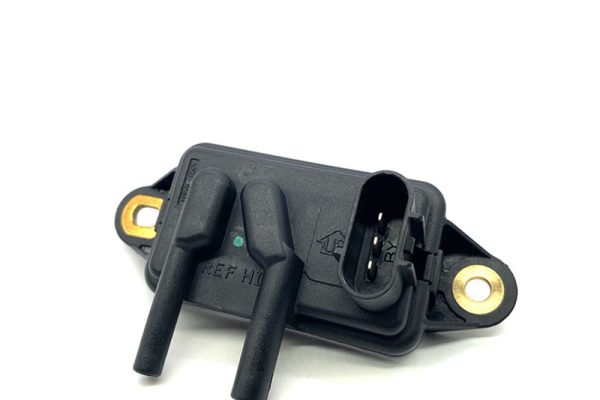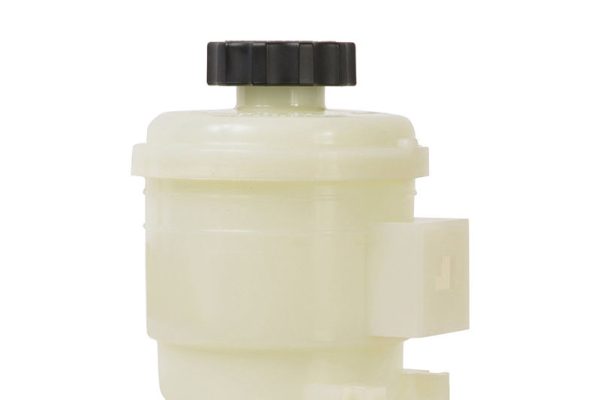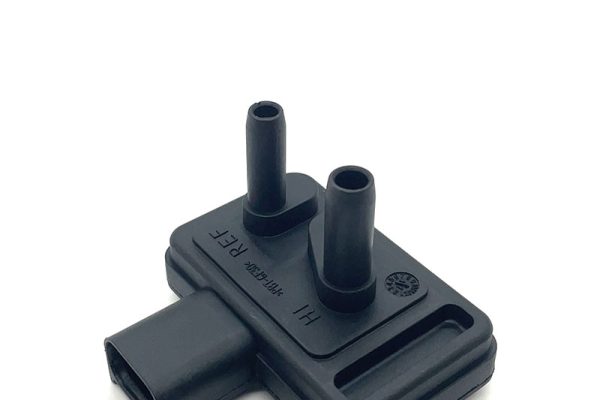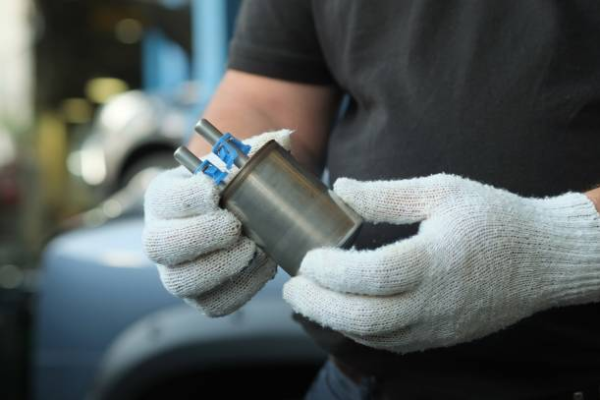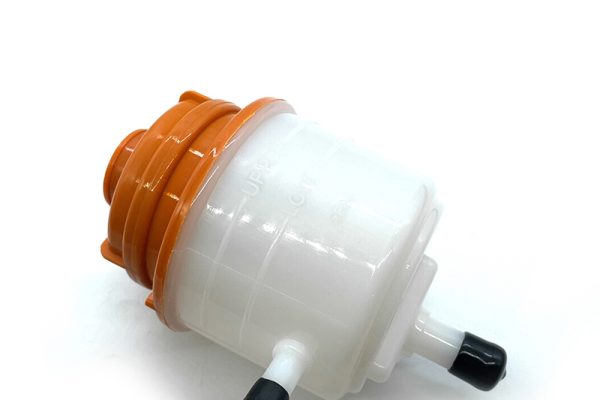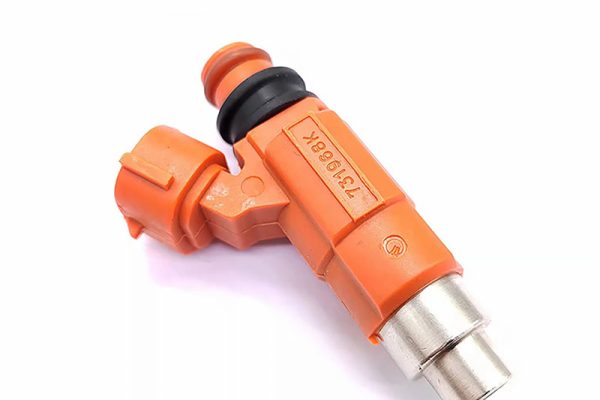Introduction: The Hidden Heart of Vehicle Performance
When most people think about what makes a vehicle run smoothly, they imagine the engine, transmission, or the advanced electronics that now dominate modern automobiles. Yet, hidden beneath the surface lies a critical component that ensures every journey is possible: the fuel pump assembly. Without it, a car cannot move forward, no matter how powerful its engine or how advanced its design.
For B2B buyers in the automotive sector, understanding this component is not just a technical detail but a business necessity. Whether you are involved in vehicle manufacturing, wholesale distribution, or aftermarket services, the role of the fuel pump assembly should never be underestimated. It is the unseen part that connects the supply chain to customer satisfaction, ensuring vehicles operate efficiently and reliably.
In the competitive world of automotive components, companies are constantly seeking reliability, durability, and consistent performance. A fuel pump assembly embodies these qualities, making it a cornerstone of the fuel system. For distributors, importers, and service providers, recognizing its importance translates into more informed procurement decisions, better product portfolios, and ultimately, stronger business partnerships.
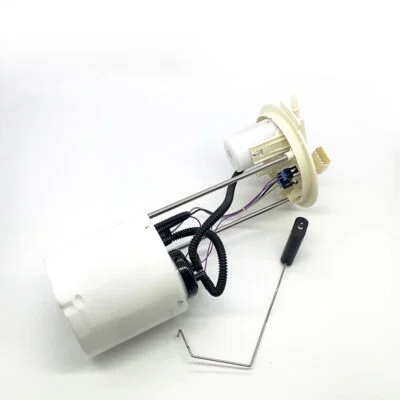
What Is a Fuel Pump Assembly?
At its core, a fuel pump assembly is more than just a single pump. It is a complete system designed to draw fuel from the tank and deliver it at the correct pressure to the engine. Unlike a stand-alone pump, the assembly integrates multiple components that work together seamlessly to maintain the flow and reliability vehicles depend on. For example, many distributors highlight the demand for complete solutions such as a Fuel Pump Assembly For Nissan, which ensures compatibility and performance for specific vehicle models.
From a technical perspective, it ensures that fuel is transported consistently, regardless of the driving environment. In practical terms, this means a car starts without hesitation, accelerates smoothly, and maintains stable performance during long drives. Without this component, vehicles would face interruptions in power delivery, resulting in inefficiency and potential breakdowns.
For B2B buyers and automotive suppliers, distinguishing between a single fuel pump and a complete fuel pump assembly is vital. The assembly not only includes the pump itself but also housing, filtering mechanisms, and other integrated parts that contribute to its effectiveness. This makes it an essential purchase for businesses that need to supply reliable fuel system parts to their customers.
When wholesalers, distributors, or automotive repair providers evaluate fuel system components, the fuel pump assembly for cars often becomes the preferred option due to its all-in-one nature. Instead of sourcing multiple parts separately, businesses can provide a complete solution that ensures compatibility and efficiency for the end user.
In the context of bulk automotive component supply, offering a complete fuel pump assembly reduces complexity for both the supplier and the buyer. This approach saves time in the procurement process and increases confidence that the product will perform as expected once installed.
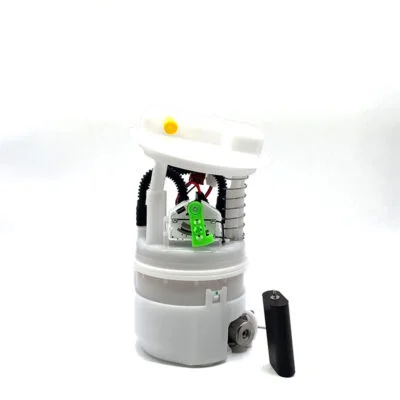
Why Your Car Depends on a Reliable Fuel Pump Assembly
The reliability of a fuel pump assembly directly affects the entire driving experience. From starting the engine to maintaining steady performance on the highway, the system is responsible for delivering a consistent flow of fuel. If it fails, the vehicle fails. It is as simple as that.
For drivers, a malfunctioning assembly may mean delays, costly repairs, and reduced confidence in their vehicle. For B2B buyers, however, the consequences extend beyond a single breakdown. Poor quality or inconsistent fuel pump assemblies can damage business relationships, increase warranty claims, and weaken brand reputation. A reliable fuel pump assembly supports:
Stable fuel supply: Ensures the engine receives the right amount of fuel at the right time, maintaining performance under various conditions.
Engine longevity: Consistent fuel delivery prevents engine stress, supporting durability and reducing maintenance requirements.
Operational efficiency: A dependable system minimizes downtime for vehicles, which is particularly critical in fleet management or commercial usage.
Customer trust: For B2B distributors and wholesalers, providing high-quality assemblies strengthens credibility with clients who depend on consistent automotive components.
This is why automotive businesses cannot afford to compromise. The fuel pump assembly is not merely another part in the catalog; it is a defining factor for customer satisfaction and long-term loyalty. A reliable unit helps service centers avoid frequent complaints, distributors maintain their reputations, and manufacturers meet the expectations of global markets.
From the perspective of aftermarket suppliers, promoting the importance of this part also opens the door to increased sales opportunities. Businesses that educate their customers about why their vehicles depend on a dependable fuel pump assembly create trust while encouraging repeat purchases. In markets where compact vehicles dominate, service providers often require parts like a Fuel Pump Assembly For Suzuki to guarantee smooth operation and customer trust.
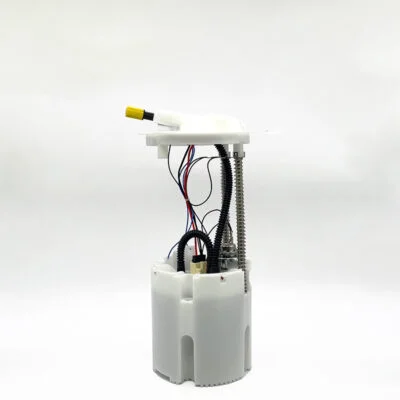
Fuel Pump Assembly in the Automotive Supply Chain
Within the automotive supply chain, the fuel pump assembly holds a strategic position. Working with a trusted Auto Parts Manufacturer allows B2B buyers to secure consistent quality, reliable delivery schedules, and long-term partnerships. It is an integral part that connects different stakeholders, from OEM manufacturers to aftermarket distributors and repair networks. Each level of the supply chain depends on the performance and availability of this component.
Original Equipment Manufacturers (OEMs): For automakers, sourcing consistent and high-quality fuel pump assemblies ensures that vehicles leave the factory floor with dependable performance. Choosing the right supplier can influence production efficiency and brand perception in global markets.
Automotive Component Distributors: Wholesalers and importers need reliable bulk suppliers to meet diverse customer demands. Stocking complete fuel pump assemblies reduces complexity for clients and enables them to service a wider range of vehicles with confidence.
Repair and Service Providers: In the aftermarket, businesses rely on fuel pump assemblies to deliver quick, effective solutions for their clients. Providing assemblies that are easy to install and reliable ensures repeat business and strengthens relationships with vehicle owners.
For B2B buyers, this means that the fuel pump assembly is not only a technical part but also a commercial asset. Every order placed and every unit shipped contributes to the reliability of entire fleets, the efficiency of service centers, and the credibility of distributors.
Additionally, the fuel pump assembly supplier must ensure more than just product quality. Timely delivery, consistent batch standards, and professional support are equally important. In global automotive trade, where deadlines and efficiency determine profitability, the stability of this supply chain component cannot be overlooked.
For businesses operating at scale, this reliability creates measurable advantages. It reduces the risk of supply disruptions, lowers long-term costs associated with poor quality, and enhances the ability to serve diverse customer segments across multiple regions. By focusing on fuel pump assemblies as a strategic product, automotive component distributors and wholesalers position themselves as trusted partners rather than just suppliers.
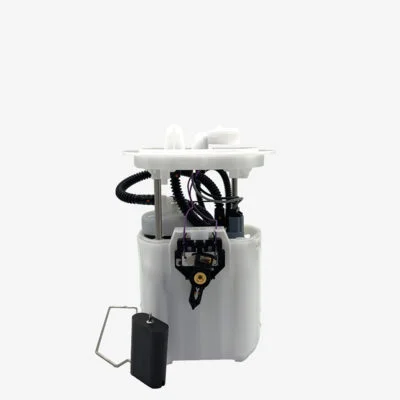
Key Considerations for B2B Buyers
When it comes to sourcing automotive parts at scale, B2B buyers face unique challenges that go beyond simple quality checks. The fuel pump assembly is no exception. It is not merely about purchasing a component—it is about making strategic decisions that influence operational efficiency, long-term partnerships, and customer satisfaction.
For distributors, wholesalers, and OEM partners, several key considerations shape the procurement process. These factors determine whether the supply chain runs smoothly, whether vehicles perform reliably, and whether clients remain loyal.
Durability and Reliability: The first and most critical factor is reliability. A fuel pump assembly must withstand years of operation under varying driving conditions. Vehicles encounter different climates, road surfaces, and fuel qualities. A durable assembly ensures that the engine receives a consistent fuel supply regardless of these variables. For bulk automotive component buyers, this durability translates into fewer returns, reduced warranty claims, and improved trust among clients. The ability to supply a product that stands the test of time is not just a technical achievement; it is a competitive advantage in the crowded aftermarket and OEM supply chains.
Compatibility and Versatility: Another vital aspect is compatibility. Modern vehicle fleets are diverse, encompassing a range of models and designs. For distributors and service centers, supplying an assembly that is compatible with multiple vehicle categories enhances efficiency. Choosing a fuel pump assembly for cars that adapts to various models allows businesses to streamline inventory, reduce stocking costs, and offer more comprehensive solutions to customers. This versatility is particularly valuable for wholesalers working across regions with mixed vehicle fleets.
Quality Standards and Certifications: In the world of global trade, quality standards serve as a universal language. B2B buyers must ensure that every fuel pump assembly supplier complies with international certifications. This not only guarantees safety and reliability but also opens doors to broader markets. Automotive components that meet recognized standards build confidence among customers. They also ensure smoother customs clearance, easier acceptance by manufacturers, and fewer disputes during procurement. For buyers handling international orders, compliance is a safeguard that reduces risks across the supply chain.
Supply Chain Stability: In bulk purchasing, reliability is not limited to the product itself—it extends to the supplier’s ability to deliver consistently. A delayed shipment of fuel pump assemblies can disrupt an entire supply chain, especially for businesses serving fast-moving markets or operating just-in-time inventory systems. A dependable supplier offers more than components. They provide predictability, enabling distributors and wholesalers to plan their operations with confidence. For B2B buyers, evaluating a supplier’s logistics, lead times, and communication practices is as important as assessing the product.
After-Sales Support: After-sales support is often underestimated in B2B transactions, yet it plays a crucial role in sustaining business relationships. A fuel pump assembly supplier that provides technical guidance, installation assistance, and warranty handling creates added value for clients. For distributors, this means fewer headaches when servicing end customers. For service providers, it translates into faster problem resolution and higher client satisfaction. In the competitive automotive aftermarket, such support can be the factor that secures repeat contracts and long-term loyalty.
Scalability for Bulk Purchases: Finally, scalability is a central concern for B2B buyers. Businesses grow, and with growth comes the need for larger volumes of automotive components. A supplier capable of scaling production and maintaining quality across large orders becomes a trusted partner in expansion. By choosing scalable solutions, businesses avoid the disruption of switching suppliers mid-growth. They also ensure that their clients receive consistent performance across every shipment. In summary, B2B buyers should evaluate fuel pump assemblies not just as parts, but as strategic investments. Durability, compatibility, certifications, supply stability, support, and scalability all work together to define success in automotive procurement.
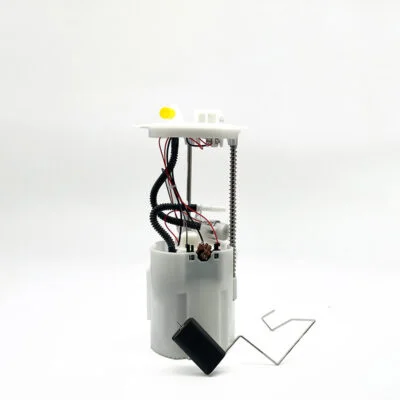
Future Trends in Fuel Pump Assemblies
The automotive industry is evolving at an unprecedented pace. While electric mobility is gaining ground, internal combustion vehicles remain dominant in many markets. This makes the fuel pump assembly an essential component today and a relevant product in the near future. For B2B buyers, understanding upcoming trends is essential for making informed, forward-looking decisions.
Energy Efficiency and Sustainability: Global emphasis on reducing emissions and increasing efficiency has direct implications for the fuel system. Fuel pump assemblies are being designed with energy efficiency in mind. By optimizing fuel delivery, they contribute to cleaner combustion and better mileage. For suppliers and distributors, offering fuel pump assemblies aligned with sustainability goals strengthens their position in environmentally conscious markets. It also signals commitment to global trends, which is increasingly important for international partnerships.
Integration with Electronic Systems: Modern vehicles are becoming smarter, and so are their components. The fuel pump assembly is no longer just a mechanical part—it is increasingly integrated with electronic systems. Advanced sensors, monitoring capabilities, and digital communication are being incorporated into fuel system parts. For B2B buyers, this means a shift toward sourcing assemblies that support electronic compatibility. Businesses must prepare to supply products that align with the broader trend of vehicle digitalization. Distributors that adapt early gain a head start in the market, positioning themselves as forward-thinking suppliers.
Hybrid and Transitional Technologies: The rise of hybrid vehicles creates unique demands. These cars combine internal combustion engines with electric systems, requiring specialized fuel delivery solutions. Fuel pump assemblies designed for hybrid applications are emerging as a growing segment. For wholesalers and OEM partners, keeping pace with this transition ensures relevance in both traditional and hybrid markets. Businesses that diversify their product portfolios to include hybrid-compatible assemblies will meet the demands of tomorrow without losing today’s customers.
Global Market Shifts: Emerging economies continue to rely heavily on internal combustion vehicles, while developed markets gradually move toward electrification. For B2B buyers, this dual reality highlights the importance of strategic planning. In markets where fuel-based vehicles dominate, demand for fuel pump assemblies remains strong. In transitioning markets, hybrid-compatible or electronically advanced assemblies will gain traction. A well-prepared distributor balances these realities, offering versatile solutions across regions.
Customization and Specialized Applications: Another trend is customization. Fleet operators, commercial vehicle manufacturers, and service providers increasingly seek assemblies tailored to specific needs. Whether it is enhanced durability for heavy-duty applications or specialized filtering for regions with variable fuel quality, customization is becoming a key differentiator. For suppliers, this presents an opportunity to work closely with clients, delivering OEM fuel system parts designed for niche markets. For distributors, offering specialized assemblies adds value and strengthens relationships with clients seeking more than generic solutions.
The B2B Advantage in Trend Adoption: Trends in automotive components often begin at the consumer level but gain momentum when embraced by B2B players. Wholesalers, OEM partners, and bulk distributors act as bridges between manufacturers and the market. By staying informed and adopting future-oriented fuel pump assemblies, businesses not only serve current needs but also shape the direction of the industry.
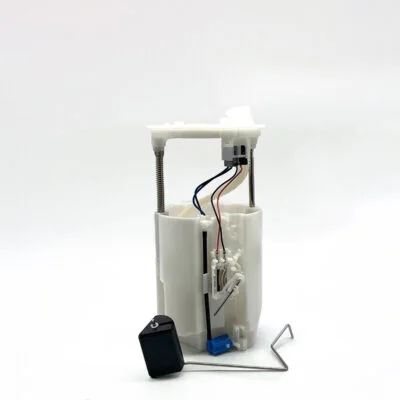
Conclusion: Why Businesses Should Care About Fuel Pump Assemblies
The fuel pump assembly may be hidden beneath the vehicle’s frame, but its significance cannot be overstated. For the automotive industry, it is the silent enabler of efficiency, performance, and reliability. For B2B buyers, it is more than a part—it is a critical link in the supply chain that directly affects reputation, profitability, and growth.
A high-quality, reliable fuel pump assembly ensures vehicles run smoothly, engines last longer, and customers remain satisfied. In turn, businesses that supply these assemblies secure trust, reduce risks, and build stronger relationships with their clients.
As the industry evolves, forward-looking distributors and suppliers recognize that fuel pump assemblies will continue to play an essential role, even in a world moving toward electrification. Hybrid vehicles, digital integration, and sustainability goals all highlight the continuing relevance of this component.
For wholesalers, OEM partners, and aftermarket providers, the message is clear: prioritizing fuel pump assemblies is not optional—it is essential. By investing in quality, securing reliable suppliers, and adapting to emerging trends, businesses position themselves as leaders in the competitive automotive landscape.
In conclusion, caring about fuel pump assemblies means caring about customer satisfaction, operational efficiency, and long-term market success. It is the part that keeps vehicles moving and businesses growing.

